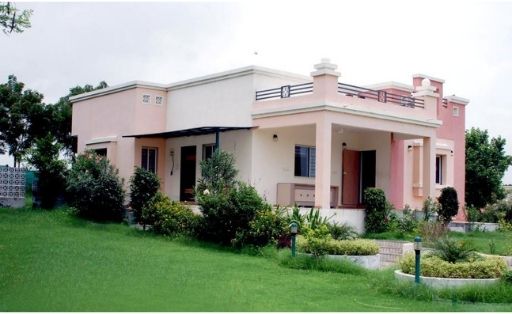The household in the United States has changed – big time.
More people are tying the knot later in life, if at all. Marriage, for many millennials, can wait, according to a report from The Pew Charitable Trusts.
This also means that more people are buying homes while they’re single. A report from USA Today revealed that the share of single homeowners hits a record despite the rising housing costs.
If you’re single and thinking of buying a home, you might think that the thought of homeownership in your current situation is nothing more than a fairy tale. After all, having two income streams can make affording a down payment and qualifying for a larger home loan easier (assuming both partners have a good credit standing and bringing some cash to the table).
Does this mean that you should put the idea of homeownership on hold until you’ve got a wedding ring on your finger? The answer is not necessarily. Although purchasing a house when you’re unmarried is no walk in the park, owning the home of your dreams is possible with careful planning and preparation.
Recommended: How to Safeguard your Home
Here are a few valuable suggestions to help turn your homeownership dreams into reality:

Contents
#1. Study Your Budget
Take a close look at your monthly expenses. Then, determine where your discretionary spending is going.
Be ready to sacrifice to purchase the home of your dreams. This sacrifice may be as simple as cutting back on expensive dinners or lunches. You could also hold off on purchasing a new car for a few more years. When you’re about to make these discretionary purchases, consider placing the money in savings toward a home purchase.
#2. Crunch the Numbers
When buying a house, you don’t just look at the down payment and price advertised by the home seller. You also have to consider other elements. If you’re buying a mobile home, for instance, you’ll need to take into account manufactured home insurance, monthly utility bills and the cost of maintenance and repairs.
Run a range of scenarios, talk things over with a trusted lender and make sure that your potential monthly payment on your house is manageable.
#3. Improve Your Credit Score
Increasing your credit score is important while you’re still single. Having a poor credit score can negatively affect your chances of securing a home loan. You have to remember that credit scores are not simply a measure of whether you have any debt or not, although clearing existing debt is a vital part of improving your credit score.
When raising your credit score, take note of these tips:
- Take out fewer credit cards and loans. Less is more. Stick to a couple of credit cards, and you’re good to go.
- Pay your bills on time. This includes loan repayments. You can make your life easier by automating your bills payment.
- Consolidate credit cards and loans together. Instead of paying several outstanding balances, consolidate them into one or two balances.
- Repay credit cards in full each month. Don’t settle for paying the minimum monthly due. You’ll incur interest charges, which is equivalent to throwing hard-earned money down the drain.
#4. Research the Housing Market
Nobody wants to regret purchasing a home. Whether your house turns out to be a money pit requiring a lot of work, or you’ve shelled out more than what the residential property is worth, researching the housing market is crucial.
When checking out a specific area, keep an eye out for multiple residential properties with the same number of fittings, fixtures, features and rooms that are close in size and type. This will provide you with an idea of what these homes are worth, and what you can expect to pay.
Remember that a mortgage is a long-term commitment. This isn’t something you can pay in a month or a year. You, therefore, should think long-term by going further with your market research.
If you’re not feeling confident about your DIY skills or looking to shell out cash on renovations, you’ll want to look for recently renovated homes or newly constructed ones that suit your style. This may be more costly than a fixer-upper, but you won’t have to spend a lot of money on major changes.
Alternatively, if you’re OK to get stuck in and give the home exterior and interior a facelift, you might save on the initial purchase. You, however, will want to look at the cost of remodeling. If the property is in dire straits, you might not get much of a return for your investment.
Being single should not discourage you from buying a house. Follow these suggestions to help you purchase the home that you want.
